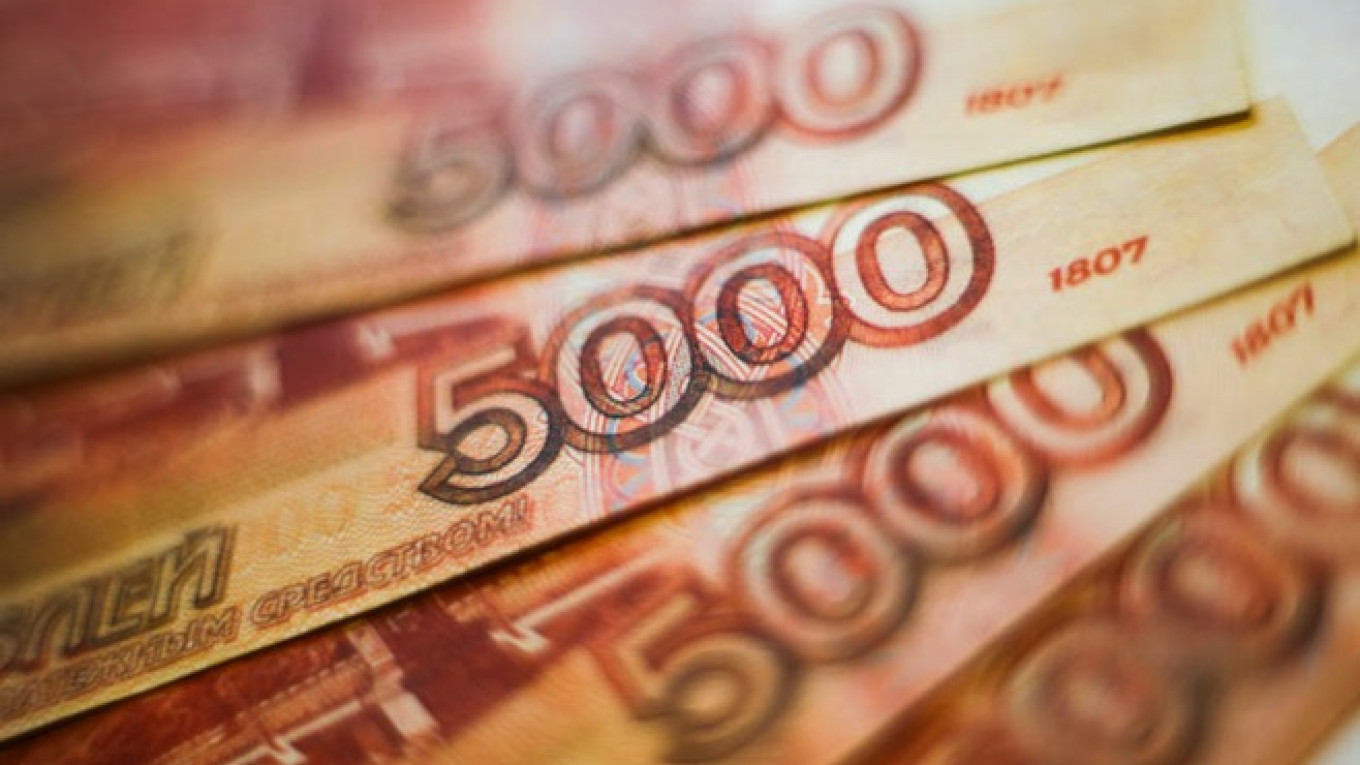Russian Economy Minister Maxim Oreshkin said the country is considering alternatives to the U.S. dollar for energy transactions and is exploring currency settlements in euros and rubles for energy exports to minimize U.S. exposure.
"We have a very good currency, it's stable. Why not use it for global transactions?" Oreshkin said in an interview with the Financial Times published on Sunday.
"We want (oil and gas sales) in rubles at some point," he was quoted as saying. "The question here is not to have any excessive costs from doing it that way, but if the broad ... financial infrastructure is created, if the initial costs are very low, then why not?"
Oreshkin said that Russia will be able to sell its energy exports in local currency given the popularity of the country's domestic bonds among foreign investors, who own 29% of its rubles debt.
Russia has attempted to reduce its exposure to the U.S. through a "de-dollarization" policy to offset the impact of U.S. sanctions.
Russian assets came under pressure after the first round of western sanctions were imposed in 2014 for annexing Crimea from Ukraine.
Subsequently, Washington imposed further sanctions on allegations of interfering in the 2016 U.S. presidential elections and the poisoning of a former spy in Britain, accusations denied by Russia.
In August, the U.S. banned its banks from buying sovereign Eurobonds directly from Russia. Russia's finance ministry said last month that the country will focus more on selling its debt to investors from Asia and Europe and may adjust the currencies of its bond issues.
Oreshkin told FT Russia was aiming to boost its bilateral trade with the European Union, but it is unlikely to readmit EU food exports unless the bloc eases Russia's access to its market.
A Message from The Moscow Times:
Dear readers,
We are facing unprecedented challenges. Russia's Prosecutor General's Office has designated The Moscow Times as an "undesirable" organization, criminalizing our work and putting our staff at risk of prosecution. This follows our earlier unjust labeling as a "foreign agent."
These actions are direct attempts to silence independent journalism in Russia. The authorities claim our work "discredits the decisions of the Russian leadership." We see things differently: we strive to provide accurate, unbiased reporting on Russia.
We, the journalists of The Moscow Times, refuse to be silenced. But to continue our work, we need your help.
Your support, no matter how small, makes a world of difference. If you can, please support us monthly starting from just $2. It's quick to set up, and every contribution makes a significant impact.
By supporting The Moscow Times, you're defending open, independent journalism in the face of repression. Thank you for standing with us.
Remind me later.







